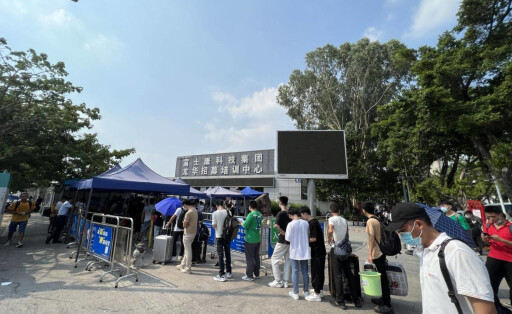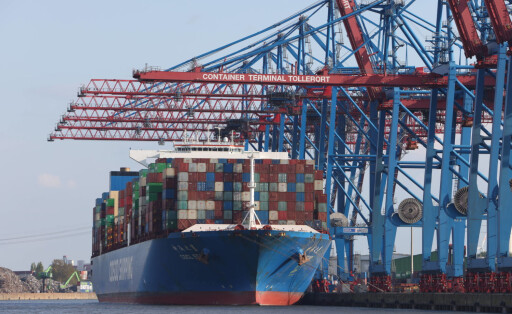
Outlook: the fall agenda for sustainability
Lawsuits against the taxonomy, negotiations on the battery regulation, work on the supply chain law and a new bouquet of proposals on the circular economy – this fall, sustainability in Brussels and Strasbourg will be colorful.
By Leonie Düngefeld



